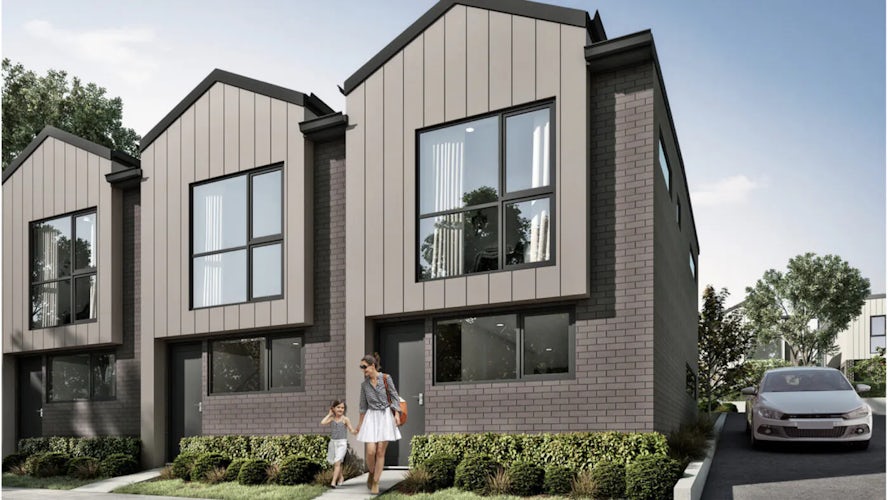Putting numbers to the townhouse boom, ASB is expecting an OCR cut, and Mortgage rates drop again.
Too long; didn't read? Here're this week's TLDRs...
Property Market Experiences Winter Chill Amid Economic Challenges
Read the article
Housing Market Slows, First Home Buyers Steady
Read the article
First Home Buyer Affordability Improves Slightly
Read the article
Falling Interest Rates, Investor Challenges Impact Housing Market
Read the article
High Pricing in Falling Market Risks Lower Offers
Read the article
Major Banks Lower Mortgage Rates Amid Falling Inflation
Read the article
ASB Predicts Possible OCR Cut Next Month
Read the article
Wellington Rates to Increase by Up to 30%
Read the article
Mortgagee Sales Offer Steeper Discounts, Higher Risks
Read the article
Townhouse Construction Booms, Meeting Affordable Housing Demand
Read the article
Shared Equity Schemes May Boost Home Ownership
Read the article
Migrants’ Share of Home Purchases Declines
Read the article
Insulation Not to Blame for Overheating, Experts Say
Read the article



